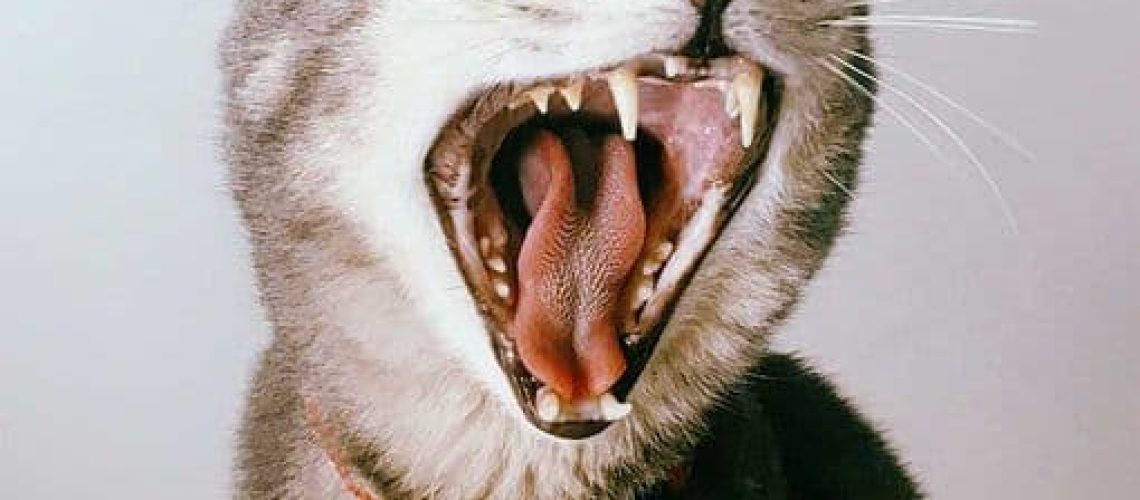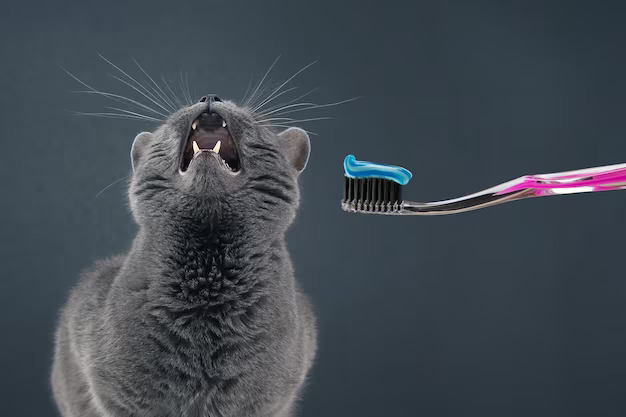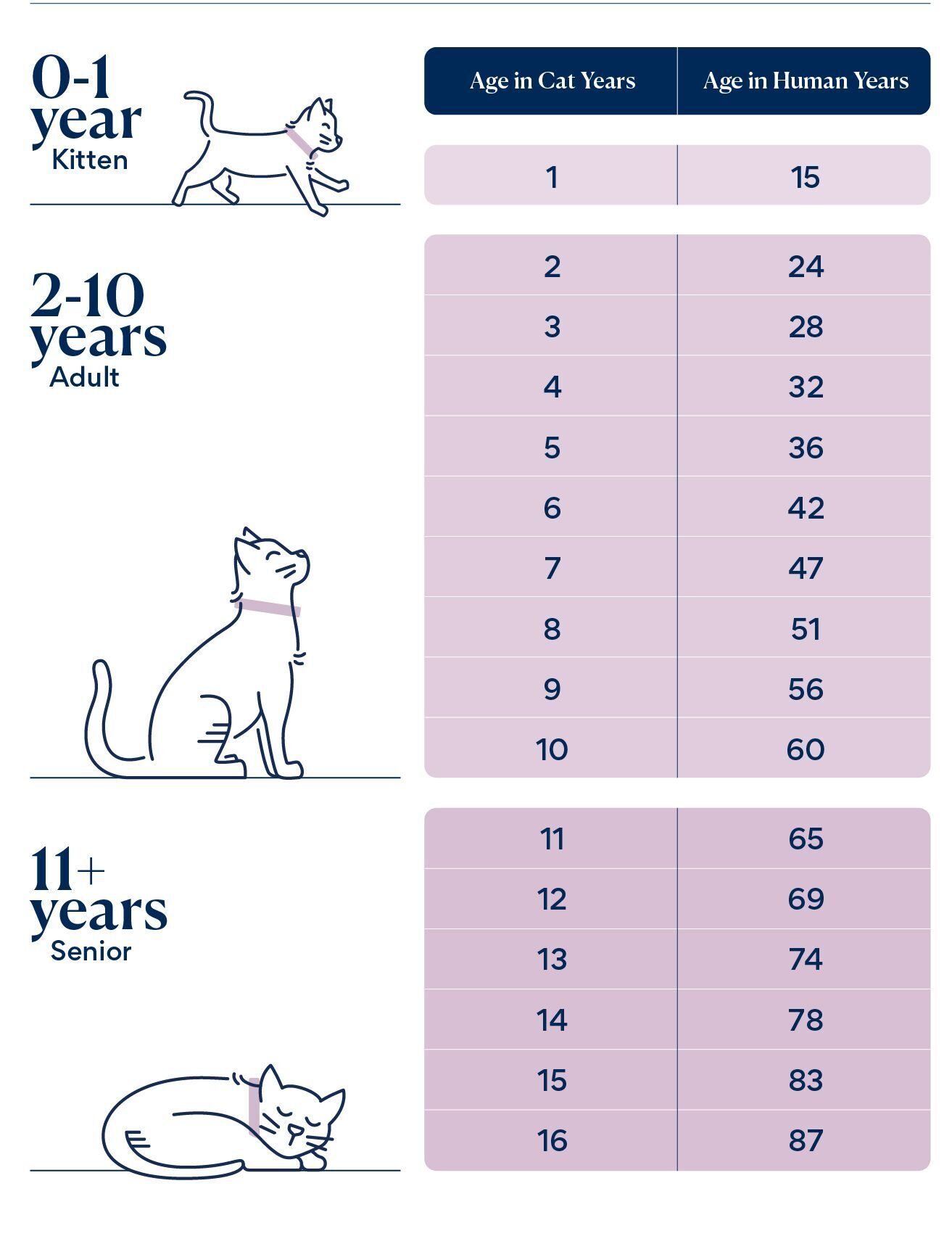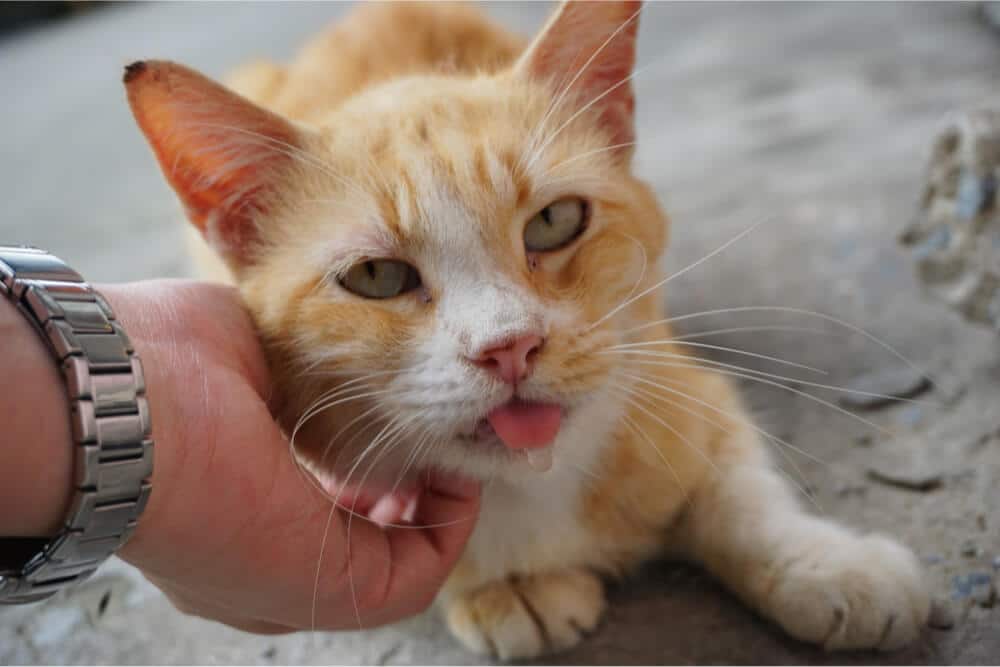Did you know that gingivitis, a common dental disease in cats, can lead to serious health issues if left untreated? Taking care of your cat's oral health is not just about keeping their smile looking great; it's about protecting their overall well-being. In fact, studies show that 70% of cats over the age of three suffer from some form of dental disease. But don't worry, by learning how to prevent and manage gingivitis, you can ensure your feline friend stays happy and healthy for years to come. So let's dive into the world of gingivitis and discover how you can be your cat's dental hero!
Key Takeaways:
- Gingivitis is a common dental disease in cats that affects their gums.
- Regular dental care, including brushing your cat's teeth, can help prevent gingivitis.
- Untreated gingivitis can lead to more serious dental issues, such as tooth loss and periodontal disease.
- Signs of gingivitis in cats include bad breath, swollen or bleeding gums, and difficulty eating.
- If you notice any signs of gingivitis in your cat, it is important to seek veterinary care for proper diagnosis and treatment.
What is gingivitis and how it affects your cat's smile?
Gingivitis is a common dental condition that affects cats. It occurs when the gums become inflamed and swollen due to the buildup of bacteria and plaque on the teeth. This can cause discomfort and pain for your cat, making it difficult for them to eat or groom properly.
When gingivitis is left untreated, it can lead to more serious oral health issues such as periodontal disease, tooth loss, and even infections that can spread to other parts of the body. Additionally, the inflammation caused by gingivitis can also affect your cat's overall health, as bacteria from the mouth can enter the bloodstream and potentially cause problems in other organs.
How does gingivitis affect your cat's smile?
Gingivitis can have a noticeable impact on your cat's smile. The inflamed gums may appear red, swollen, and bleed easily when touched. Your cat may also have bad breath or show signs of discomfort while eating or chewing. Over time, if left untreated, gingivitis can cause gum recession and tooth loss, which will further affect your cat's smile.
Why it's important to protect your cat's smile from gingivitis?
Protecting your cat's smile from gingivitis is crucial for their overall health and well-being. Not only does gingivitis cause pain and discomfort for your feline friend, but it can also lead to more serious dental problems if left untreated.
Gingivitis can progress into periodontal disease, which involves the destruction of the tissues supporting the teeth. This can result in tooth loss and even bone damage in severe cases. Additionally, the bacteria present in the mouth due to gingivitis can enter the bloodstream and potentially cause infections in other organs, such as the heart and kidneys.
How can you protect your cat's smile from gingivitis?
To protect your cat's smile from gingivitis, it is important to establish a good oral hygiene routine. This includes regular brushing of your cat's teeth using a toothbrush and toothpaste specifically designed for cats. Additionally, providing dental treats and toys that help clean the teeth can also be beneficial.
Regular veterinary check-ups are also essential to monitor your cat's dental health and address any signs of gingivitis or other dental issues early on. Your vet may recommend professional dental cleanings under anesthesia to remove plaque and tartar buildup if necessary.
How to identify the signs of gingivitis in your cat?
Identifying the signs of gingivitis in your cat is important for early intervention and treatment. Here are some common signs to look out for:
- Red, swollen gums
- Bleeding gums
- Bad breath
- Pawing at the mouth or face
- Drooling excessively
- Reluctance to eat or chew food
- Visible tartar or plaque buildup on the teeth
If you notice any of these symptoms, it is recommended to consult with your veterinarian for a proper diagnosis and treatment plan.
Simple steps to prevent gingivitis in your cat at home
Preventing gingivitis in your cat starts with establishing good oral hygiene habits at home. Here are some simple steps you can take:
- Brush your cat's teeth regularly using a toothbrush and toothpaste formulated for cats. Start slowly and gradually increase the duration of brushing as your cat becomes more comfortable.
- Provide dental treats or toys that help clean the teeth and promote healthy gums.
- Feed your cat a balanced diet that promotes good oral health, such as dry kibble or specially formulated dental diets.
- Avoid giving your cat human food that can stick to their teeth or contribute to plaque buildup.
- Regularly inspect your cat's mouth for any signs of gingivitis or other dental issues, and seek veterinary attention if necessary.
By following these simple steps, you can help prevent gingivitis and maintain your cat's oral health.
Dental products and treats that can help prevent gingivitis in cats
There are several dental products and treats available that can help prevent gingivitis in cats. These include:
- Cat-specific toothbrushes and toothpaste: These are designed to make brushing your cat's teeth easier and more effective. The toothpaste comes in flavors that appeal to cats, making the experience more enjoyable for them.
- Dental treats: These treats are specially formulated to promote oral health by reducing plaque and tartar buildup on the teeth. They often have a crunchy texture that helps remove debris from the teeth while chewing.
- Dental toys: Certain toys are designed to massage the gums and clean the teeth while your cat plays with them. Look for toys with textured surfaces or ones made specifically for dental health.
When choosing dental products or treats for your cat, it is important to ensure they are specifically made for feline use. Avoid using human toothpaste or dental products, as they can be harmful to cats if ingested.
When to take your cat to the vet for a dental check-up if they have gingivitis?
If you suspect that your cat has gingivitis, it is important to schedule a dental check-up with your veterinarian. They will be able to assess the severity of the condition and recommend appropriate treatment options.
It is generally recommended to take your cat for a dental check-up if you notice any signs of gingivitis, such as red or swollen gums, bleeding, bad breath, or reluctance to eat. Regular dental cleanings under anesthesia may also be necessary to remove plaque and tartar buildup and prevent further progression of the disease.
Can untreated gingivitis lead to more serious health issues for your cat?
Yes, untreated gingivitis can lead to more serious health issues for your cat. The bacteria present in the mouth due to gingivitis can enter the bloodstream and potentially cause infections in other organs.
In addition, if left untreated, gingivitis can progress into periodontal disease, which involves the destruction of the tissues supporting the teeth. This can result in tooth loss and even bone damage in severe cases. Periodontal disease has been linked to various health problems in cats, including heart disease, kidney disease, and liver disease.
Therefore, it is crucial to address gingivitis early on and seek veterinary treatment to prevent these potential complications and maintain your cat's overall health.
In conclusion, taking care of your cat's dental health is important to prevent gingivitis. Regular brushing, providing dental treats, and scheduling professional cleanings can help protect your cat's smile and overall well-being.
Should I brush my cat's teeth with gingivitis?
If a cat has severe gingivitis, it may be painful to brush its teeth, so it is advisable to consult a veterinarian before attempting to do so.
Are cats in pain with gingivitis?
The severity of the disease can vary, and in severe cases, cats with gingivitis may experience difficulties with eating and become extremely uncomfortable.
How can I reverse my cats gingivitis at home?
The initial step in caring for gums is typically the removal of plaque that has accumulated on or near them. Plaque causes irritation and inflammation in the gums and can result in permanent recession. For young cats, regular dental cleanings can be an effective method for managing or preventing the development of gingivitis.
Can you reverse cat gingivitis?
Mild gum inflammation, known as gingivitis, is a common condition in cats of all ages. It can develop within just 48 hours after dental cleaning when plaque buildup starts. Mild gingivitis does not impact the tooth root and can often be reversed with proper home dental care.
What is the best food to feed a cat with gingivitis?
When gums are inflamed and painful, soft food is a better choice as it is less likely to cause discomfort. However, in the long run, it is recommended to have a high-quality diet that includes high levels of omega 3 and omega 6 fatty acids. In certain situations, dry food can be used if it is specifically designed to promote dental hygiene.
Do greenies work for cats?
Greenies, the first dental cat treat to be approved by VOHC, is a reliable product for maintaining your cat's dental health. They are reasonably priced and available in various flavors to cater to your cat's taste. The crunchy texture aids in removing tartar from your cat's teeth and keeping their breath fresh.
















